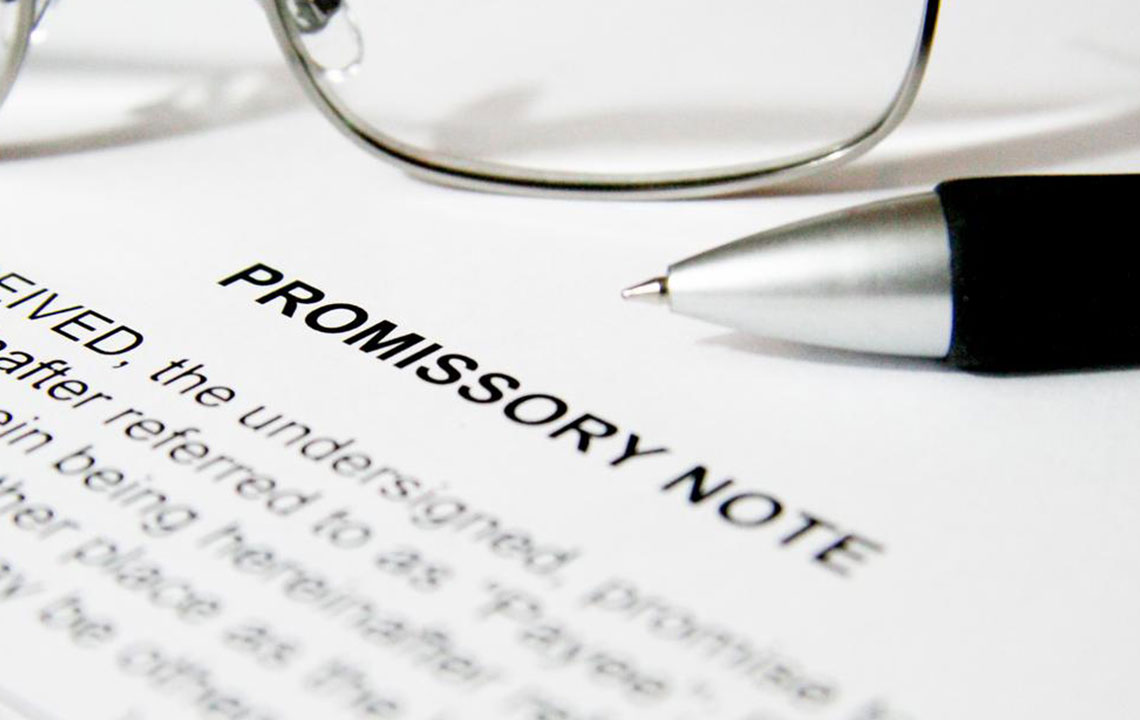Comprehensive Guide to the Essential Components of a Promissory Note
A promissory note is a fundamental financial document that formalizes a loan agreement. This comprehensive guide highlights essential elements such as acceleration, payment allocation, legal expenses, non-waiver, and prepayment terms. Understanding these clauses helps both lenders and borrowers ensure clarity, enforceability, and protection against future disputes. Drafted properly, a promissory note serves as a valuable legal record, providing security and peace of mind. Learn how to create a sound promissory note with these expert insights to secure your financial arrangements effectively.

Comprehensive Guide to the Essential Components of a Promissory Note
A promissory note is a vital financial instrument that formalizes a promise by an individual or organization to repay a loan under agreed-upon terms. This legally binding document serves multiple purposes: it clarifies the borrower’s commitment, provides security to lenders, and acts as an official record for loan management, taxation, and legal proceedings. Despite its straightforward nature, understanding its key elements is crucial for both borrowers and lenders to ensure clarity and enforceability. Here, we delve into the comprehensive details of what constitutes an effective promissory note, including essential clauses and best practices.
At the core of any promissory note are specific clauses that define the obligations, rights, and responsibilities of both parties. These components establish the legal standing of the agreement and help prevent disputes. Let's explore each fundamental element in detail:
Acceleration Clause: This clause gives the lender the right to demand immediate repayment of the entire outstanding loan amount if the borrower defaults or breaches certain terms. It serves as a protective measure, enabling lenders to act swiftly in case of non-compliance. Typically, the clause specifies what constitutes a default—such as missed payments or insolvency—and the procedures for declaring acceleration.
Payment Allocation: This section details how each payment is divided between interest, principal, and any applicable late fees. Clear allocation ensures the borrower understands how their payments reduce the debt over time and helps the lender verify proper crediting of funds. Precise instructions on payment application prevent misunderstandings and potential disputes.
Legal and Collection Expenses: This provision covers the costs that may arise if legal action becomes necessary due to default. It stipulates whether the borrower is responsible for attorneys' fees, court costs, or collection agency fees. Clear language here minimizes ambiguities, ensuring both sides understand their financial obligations in the event of litigation.
Non-Waiver Clause: The non-waiver clause clarifies that the failure to enforce a particular right immediately does not imply surrendering that right later. This safeguard allows lenders to retain their legal rights without being considered to have waived them, thus maintaining legal options if issues arise in future transactions.
Prepayment Terms: These rules specify whether the borrower can pay off the loan early and if there are any prepayment penalties or fees. This clause gives borrowers flexibility to settle debt ahead of schedule, which can save on interest costs, while also protecting lenders' expected returns if early repayment occurs.
Presentment Waiver: This ensures the lender is not required to notify or remind the borrower about upcoming payments. It places the responsibility on the borrower to make timely payments, clarifying that non-payment can lead to legal actions without additional notices.
In addition to these core clauses, other optional provisions may include collateral agreements, renewal terms, and miscellaneous conditions specific to individual loan arrangements. Drafting a promissory note with clarity and precision minimizes the risk of future disputes and provides a clear roadmap for both parties to follow.
It’s also advisable for both parties to review the document with legal counsel before signing. Properly drafted promissory notes enhance enforceability and legal protection, making them an indispensable part of any financing arrangement. Whether you are lending or borrowing, understanding and incorporating these essential elements can safeguard your interests and promote smooth financial transactions.





